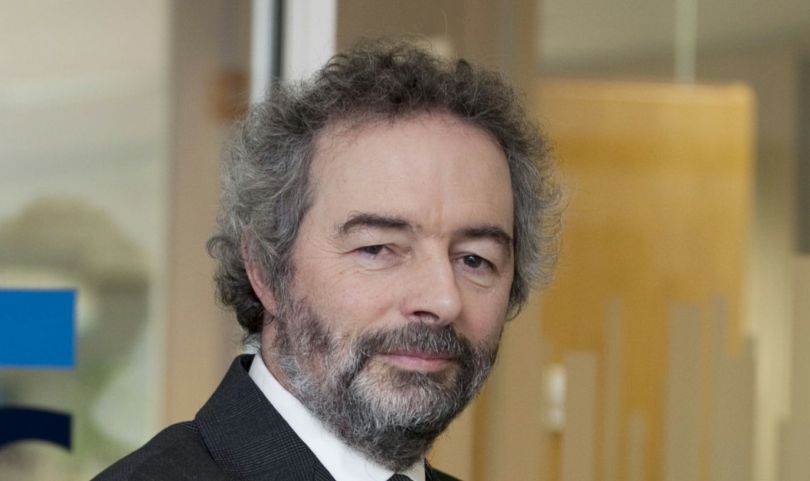Data from the Central Statistics Office shows that the average price paid by first-time buyers in the June to August quarter surged 15.8% over the same quarter in 2015, more than twice the pace of increase for house prices overall. This suggests demand in this segment is extremely strong relative to supply, and budget measures to boost it further may underpin inflation rather than producing the desired increase in transactions.
The annual rate of annual property price inflation rose to 7.2 % in August from 6.7% in July. KBC Bank economist Austin Hughes (pictured) said the trend points to the strongest pace of growth in house prices in two years.
Hughes added: “The pick-up in house prices of late is most notable outside Dublin and has been broadly based across the main regions. There has also been some renewed vigour in prices in Dublin in the past three months, most notably in the city and south Dublin. There was some element of stabilisation in house price levels in the four local authority regions in the capital through 2015 and the beginning of 2016, but there are tentative signs of a renewed pick-up in Dublin prices through the late spring and summer.”
According to KBC, the influence of pent-up demand on current conditions may be significantly underestimated.
As rents continue to escalate, renters are becoming increasingly desperate to purchase a home and escape the clutches of avaricious landlords.
Recent research based on CSO data by Dr John McCartney at estate agent Savills has rubbished some industry claims that rent inflation is driven by shrinking supply. In Dublin he estimates that a net additional 43,000 units were added to the private rented stock (PRS) between 2011 and 2016, a 54% increase.
In the same period, the number of Dublin households in the PRS has risen by 46,300, a 61% increase. Currently one quarter of all households in Dublin live in privately rented accommodation. The corresponding figure for London is 27%.
In McCartney’s analysis, rental growth will continue for the foreseeable future. He’s predicting compounding increases of around 25% over the next 30 months. “Inevitably this will attract further capital into the sector and will continue to increase the size of the PRS,” he said. .








